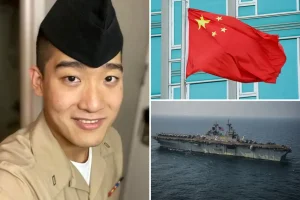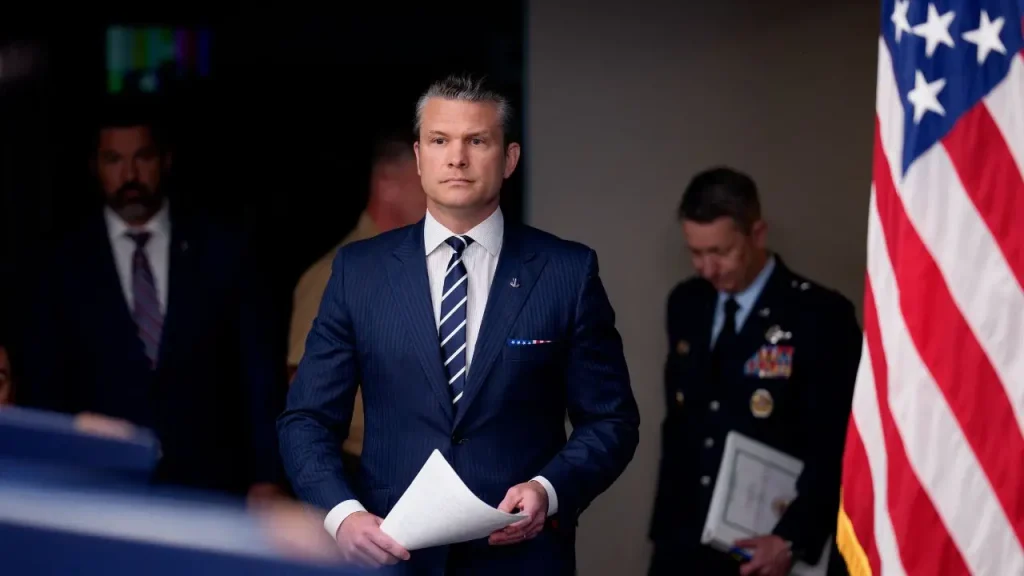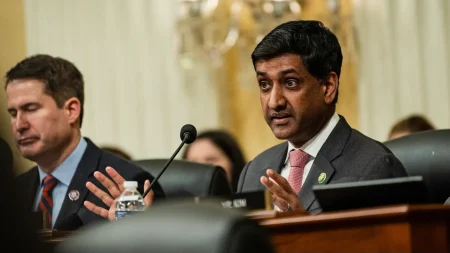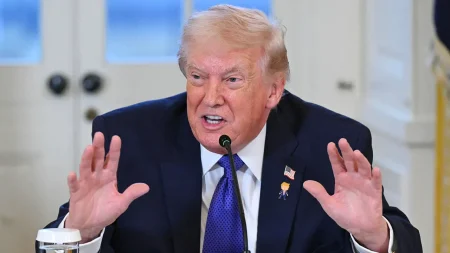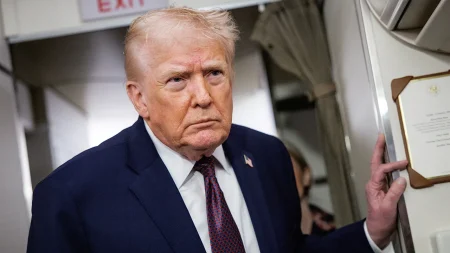Pentagon Strikes on Caribbean Boats Face Congressional Oversight Challenges
In a significant development highlighting tensions between the Pentagon and Congress, Senators Jack Reed (D-R.I.) and Roger Wicker (R-Miss.) have formally demanded that Defense Secretary Pete Hegseth provide copies of orders authorizing military strikes against boats allegedly carrying narco-terrorists in the Caribbean. These bipartisan requests, outlined in letters dated September 23 and October 6, underscore growing concerns about both the legal basis for these operations and the Trump administration’s apparent reluctance to fulfill its statutory oversight obligations. The senators emphasized that congressional defense committees must receive copies of military execution orders within 15 days of issuance—a requirement they claim the Department of Defense has failed to meet despite multiple maritime strikes having already been conducted.
The congressional inquiry has expanded beyond merely requesting operational documents. The senators are also seeking a written opinion from the Department of Justice’s Office of Legal Counsel that would clarify the domestic and international legal justification for these strikes. Additionally, they have requested a comprehensive list of all terrorist organizations and drug trafficking groups against whom the President has determined lethal military force may be used under the framework of a “non-international armed conflict.” These requests reflect broader questions about the legal parameters governing the use of military force against suspected criminal organizations, particularly when those operations result in fatalities without traditional judicial processes. The administration has reportedly produced legal opinions justifying these actions but has not shared them with congressional oversight committees.
Concern over these maritime strikes has transcended partisan lines, with lawmakers from both parties raising questions about transparency, legal authority, and procedural fairness. Democratic Senator Mark Warner of Virginia expressed outrage that Democrats were excluded from briefings on the operations, calling this selective information sharing “indefensible and dangerous.” Meanwhile, Senate Judiciary Committee Democrats have written demanding access to the legal justification behind what they suggest may constitute violations of multiple laws. This cross-party scrutiny indicates that the questions raised are not merely partisan objections but substantive concerns about presidential authority, military deployment, and constitutional boundaries in combating transnational crime.
Republican voices have also questioned these operations, with Senator Rand Paul of Kentucky highlighting both due process concerns and the risk of killing innocent people. Paul has cited Coast Guard statistics showing that a significant percentage of vessels initially suspected of drug trafficking are ultimately found to be innocent. The Kentucky senator has further argued that if these operations are part of a broader conflict with Venezuela—with the administration claiming some boats are transporting drugs for the Venezuela-linked Tren de Aragua gang—then constitutional requirements mandate that Congress formally declare war. Representative Thomas Massie (R-Ky.) has expressed similar constitutional concerns in the House, demonstrating that questions about executive war powers cross ideological boundaries.
As the controversy unfolds, Secretary Hegseth announced on Wednesday that the military had conducted yet another strike against a vessel allegedly carrying narco-terrorists in the Eastern Pacific region. This marks the fourteenth such operation since September, with a reported death toll now reaching 61 people across all strikes. Three individuals have reportedly survived these operations, with at least two being repatriated to their home countries. However, the Pentagon has declined to release the identities of those killed or provide evidence confirming the presence of drugs on the targeted vessels, further fueling congressional demands for transparency and accountability. The administration’s information control has become a focal point of criticism, particularly as questions about potential escalation continue to circulate.
Recent reports suggesting possible U.S. military strikes against installations in Venezuela have added another dimension to the controversy, though President Trump and Secretary of State Marco Rubio have dismissed these reports as inaccurate. Nevertheless, the speculation highlights the broader geopolitical context in which these maritime strikes are occurring and the potential for mission expansion without explicit congressional authorization. As the administration continues these operations while limiting information flow to Congress, the constitutional tension between executive military authority and legislative oversight remains unresolved. This ongoing situation raises fundamental questions about how America conducts its fight against transnational crime and terrorism while maintaining adherence to its own legal frameworks and democratic principles of accountability.
